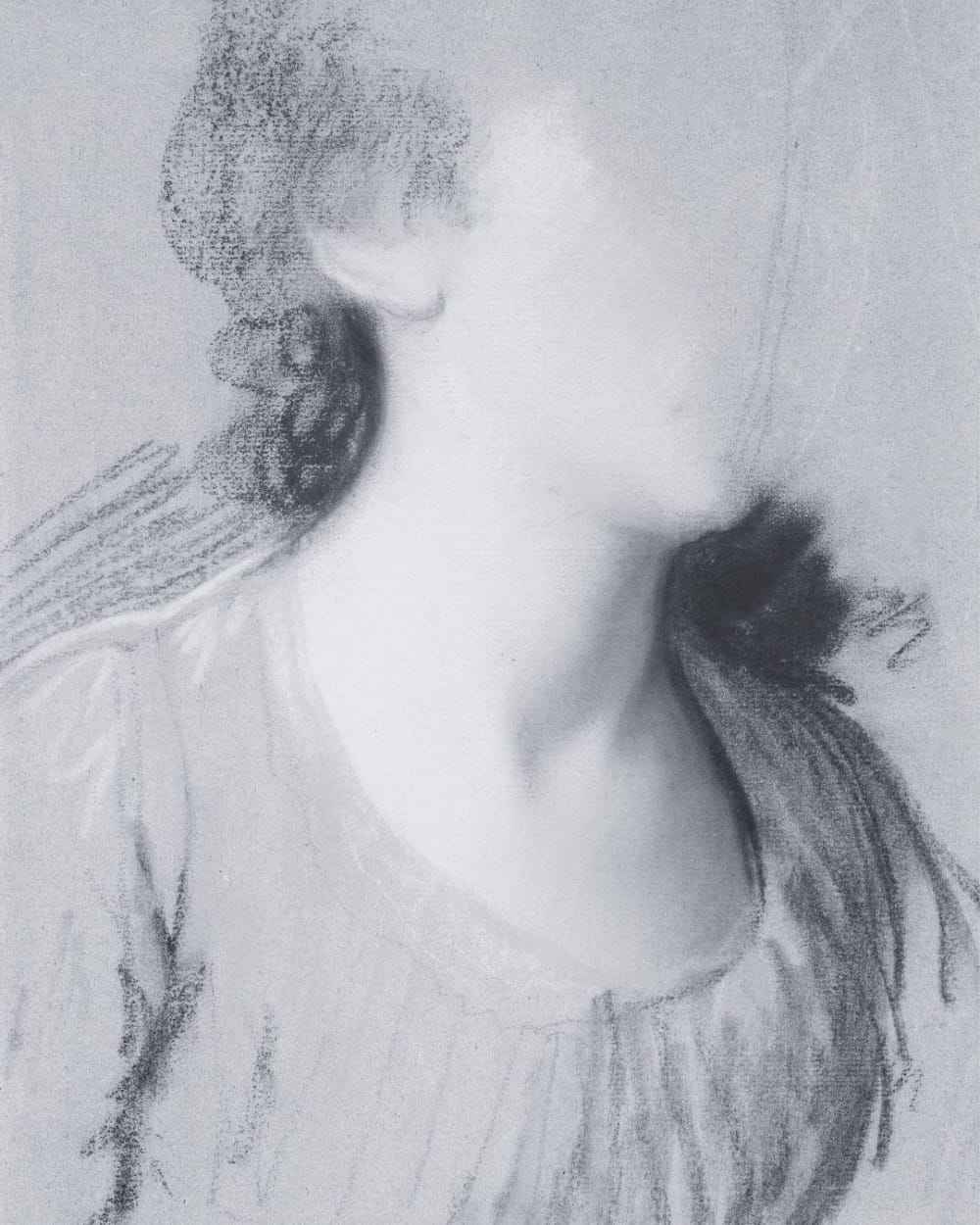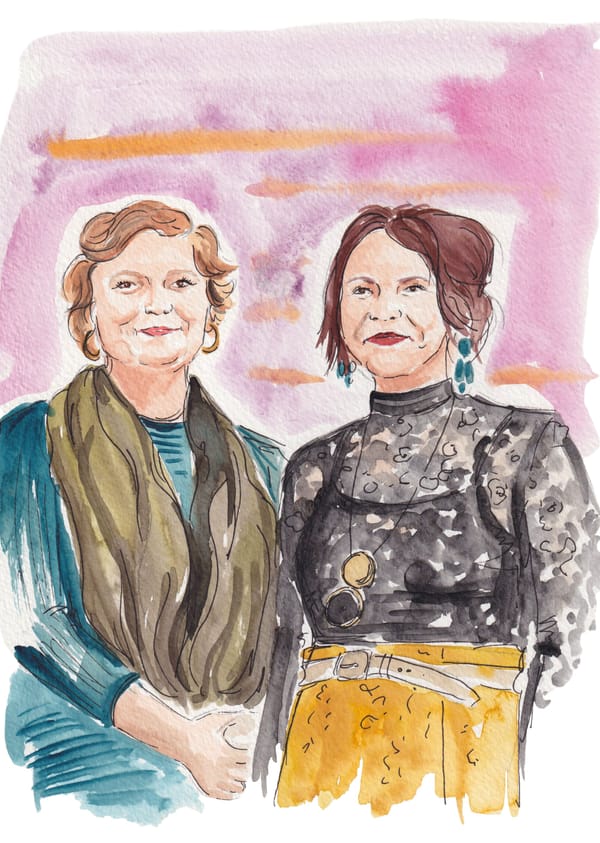What if OpenAI had just not created a female voice option?
Misogyny is entrenched in the technology industry. Scarlett Johansson’s experience with OpenAI shows it still is.

This story was updated to reflect unfolding news events.
In the movie Her, Joaquin Phoenix moons around a futuristic city with headphones in, falling in love with his AI voice assistant. Samantha, the husky-voiced AI, is played by Scarlett Johansson, who giggles and flirts with him before (spoiler, sorry) the world’s AIs decide they’re tired of their pitiful human overlords, and drift off instead to a higher plane of cyberspace.
In 2013 when the movie was released, Spike Jonze’s script seemed more or less implausible. A decade later, we live in a world where three billion people have an Alexa or a Siri or a Google Assistant and if you really want to, you can marry one. These days, the storyline behind Her seems very… plausible.
Last week OpenAI, the company behind ChatGPT, released its latest update, ChatGPT-4o. Videos show it can “pretend to laugh at your jokes, agree with anything you say, and flatter you with the desperate shamelessness of a 23-year-old personal assistant with $80,000 in college debt and three roommates in a Brooklyn two bedroom walk-up,” as Rusty Foster, the U.S. media critic and the editor of the daily newsletter Today in Tabs put it.





